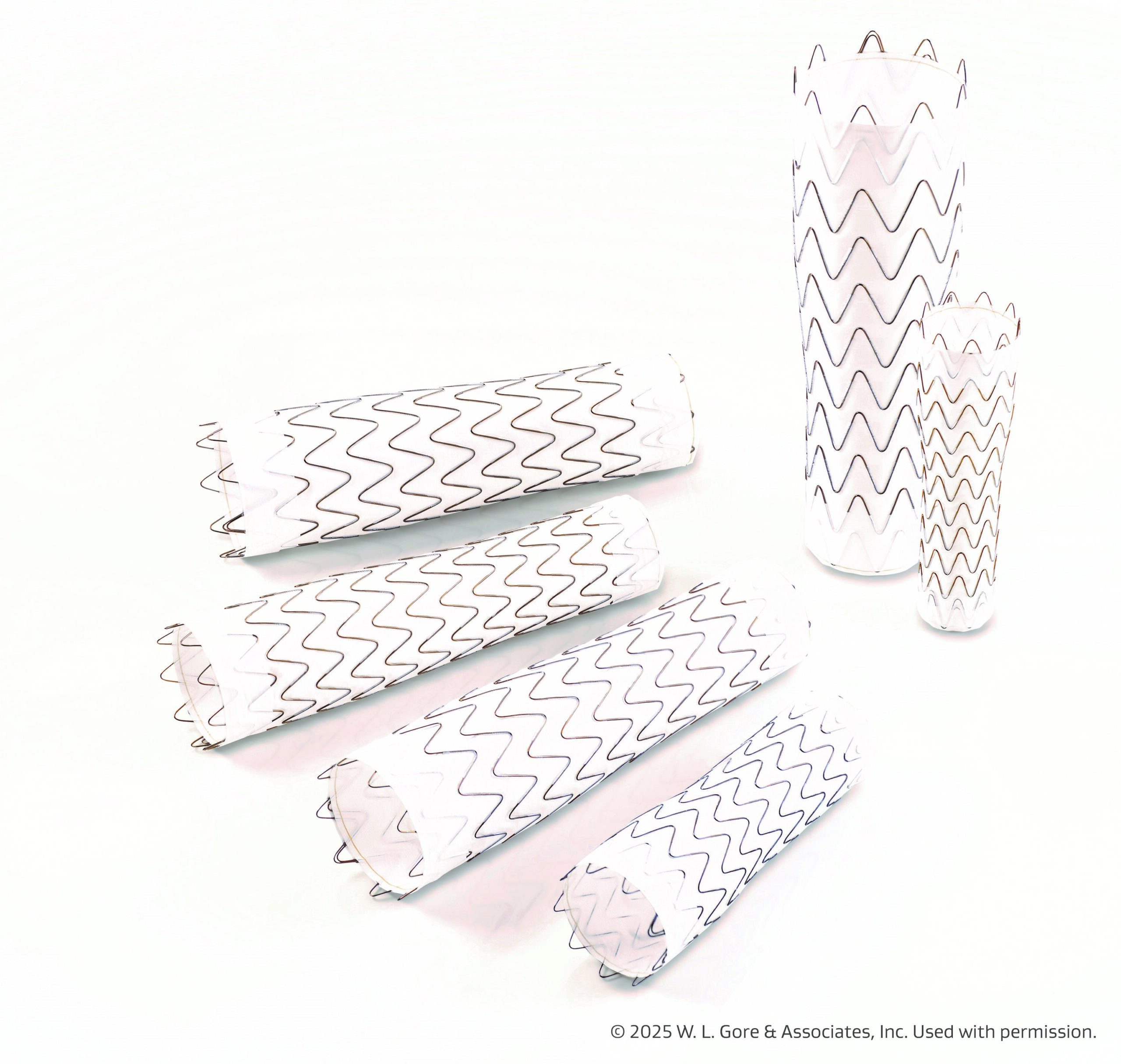
Many patients with severe tricuspid regurgitation (TR) and congestive heart failure (HF) are medically managed without undergoing tricuspid valve surgery (TVS), as there are concerns about postoperative morbidity and mortality among high-risk patients.
Although corrective TVS is associated with better outcomes in patients with severe TR and congestive HF, many patients continue to be medically managed, suggesting an unmet need, according to the researchers. Amer Kadri, MD, of the Cleveland Clinic, presented findings from the study during a session titled, “Outcomes of Non-Surgical Patients With Severe Tricuspid Regurgitation and Congestive HF” at the American College of Cardiology Annual Scientific Session.
Researchers identified 2,556 consecutive patients with severe TR from the Cleveland Clinic Echocardiographic Database between January 1, 2011, and December 31, 2012. They excluded cardiac transplant patients and those without congestive HF. Researchers compared survival outcomes for patients who were medically managed (n=479) versus those who underwent TVS (n=55). Patients who underwent TVS were younger, had a higher prevalence of moderate to severe mitral stenosis, and had a higher prevalence of left valve heart disease compared with those who were medically managed.
Among the medically managed cohort, 30% of patients (n=143) had an identifiable indication for TVS, including severe TR at the time of left heart surgery (n=14), severe primary symptomatic TR (n=5), severe secondary symptomatic TR (n=102), and secondary asymptomatic TR with mild to moderate right ventricular dysfunction but without severe left ventricular dysfunction or severe pulmonary hypertension (n=23). At 42 months of follow-up, patients who underwent TVS had statistically significantly better survival than those who were medically managed (62% vs. 35%; P<0.01). Multivariate analysis found that age (10-year increase) was associated with higher mortality (hazard ratio [HR] = 1.23; 95% CI, 1.12 to 1.35; P<0.001), as was severe decrease in right ventricular systolic function (HR=1.99; 95% CI, 1.39 to 2.85; P<0.001). However, TVS was associated with lower mortality (HR=0.44; 95% CI, 0.27 to 0.72; P=0.001).
“Our analysis identifies a significant cohort of TR patients with congestive HF who have an unmet need for potential correction of TR,” the researchers concluded. “There does also seem to be an opportunity present for the development of less invasive and hopefully more utilized interventions to manage this patient population.”







 © 2025 Mashup Media, LLC, a Formedics Property. All Rights Reserved.
© 2025 Mashup Media, LLC, a Formedics Property. All Rights Reserved.